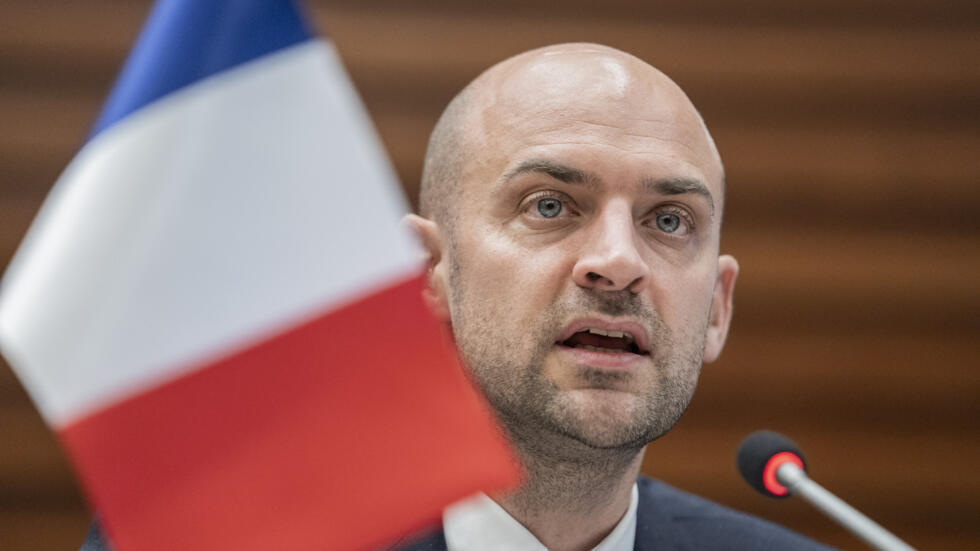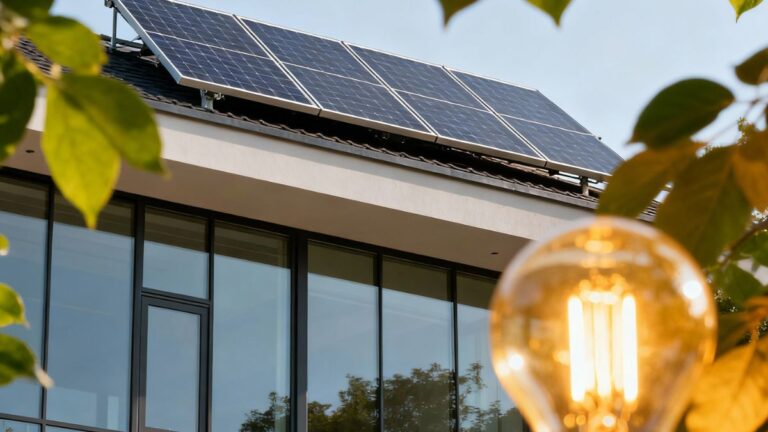
Context:
In the wake of Donald Trump’s refusal to rule out military action to take control of Greenland, France has issued a stern warning against any threats to the “sovereign borders” of the European Union. Trump’s comments have heightened tensions with Denmark, as Greenland, an autonomous territory of Denmark, remains a key point of geopolitical friction.
Key Highlights of the Situation
- Trump’s Remarks on Greenland and Panama Canal:
- Trump stated that he would not rule out military or economic action to gain control of Greenland, citing its strategic importance for America’s “economic security.”
- The US president-elect’s comments also included a suggestion to use economic pressure to make Canada a part of the United States.
- These remarks have stirred international concern, particularly regarding the potential use of military force.
- France’s Response:
- French Foreign Minister Jean-Noël Barrot condemned Trump’s remarks, emphasizing that the EU would not tolerate any threats to its sovereign borders.
- Barrot acknowledged that he did not believe the US would invade Greenland but highlighted that the world is seeing a return to a “law of the strongest,” which raises alarm for global diplomacy.
- Greenland’s Position:
- Greenland, which has a population of about 57,000 and is an autonomous territory of Denmark, has consistently rejected any proposals to sell the land to the US.
- Both Danish Prime Minister Mette Frederiksen and Greenland’s Prime Minister Múte Egede have affirmed that Greenland’s future is for the Greenlanders to decide, and it will not be for sale.
- Greenland’s pro-independence stance remains strong, with Egede reiterating that Greenland “is not for sale and will never be for sale.”
- Trump Jr.’s Visit:
- Following his father’s controversial remarks, Donald Trump Jr. visited Greenland’s capital, Nuuk, though he claimed the visit was private and did not intend to meet with government officials.
- The visit was seen by some as a diplomatic snub, coinciding with the cancellation of a meeting between Greenland’s PM and the Danish king.
- Geopolitical Implications:
- Greenland, as the world’s largest island, holds significant geostrategic and resource-based importance, especially in the context of climate change and the opening of new shipping routes in the Arctic.
- Trump’s comments and aggressive stance on Greenland have sparked concerns in Denmark and across Europe, with increasing rhetoric from both sides.
Broader European Concerns
- EU’s Response to Foreign Threats:
- France’s warning extends beyond the Trump administration, with Barrot also urging the EU to take stronger action against external threats and interference, including those from high-profile figures like Elon Musk.
- Barrot suggested that if the European Commission cannot protect EU member states from such threats, it should allow countries like France to take matters into their own hands.
- Impact on Diplomatic Relations:
- Trump’s comments and his son’s visit to Greenland are likely to further strain relations with Denmark, the EU, and other global powers.
- The tension over Greenland, combined with Trump’s broader “America First” agenda, continues to raise alarms about the stability of international diplomatic norms.
Conclusion
France’s warning to Trump underscores the growing concern over US foreign policy and its implications for European sovereignty. The situation with Greenland remains a complex issue, with both historical and contemporary geopolitical factors at play. As Trump prepares to assume office again, these tensions could shape global diplomacy, particularly in relation to the EU and Denmark.
Also Read: Trump Refuses to Rule Out Military Force to Seize Greenland and the Panama Canal
Disclaimer: The information provided is for educational purposes and general awareness, particularly for UPSC aspirants.
Follow Fusion IAS


